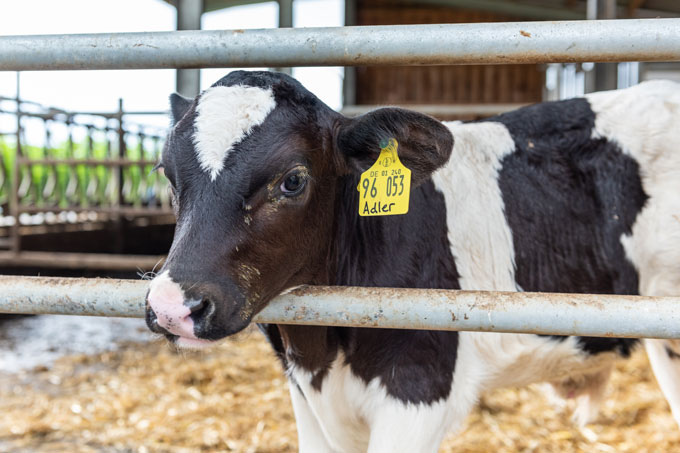Chris Beighton explores the relationship between humanity and sustainability.
Stephen Scoffham, in his recent piece “Declaring war on animals”, reminds us that the Covid-19 crisis is linked to poor animal welfare standards and ultimately our own relationship with the planet. He is right to see Covid-19 as a warning about our mistreatment of the natural world, and of animals in particular.
But this mistreatment is not an occasional glitch. The history of farming-related scandals – from CJD to another outbreak of the highly pathogenic H5N8 “bird flu” on a duck farm in France and the development of new strains of Covid-19 – signal a systemic problem. The foundations of our relationship to the other stakeholders in the sustainability of the planet is in question.
This is not news. The rational arguments in favour of more sustainable lifestyles have been made many times. So why are we not hearing that our welfare the depends on that of others? Gaston Bachelard argued in Psychoanalysis of fire (1938) that our desire to consume other animals expresses a desire for heat and life, and is immune to rational debate. Perhaps it is high time we looked elsewhere for an explanation for our insistently exploitative relationship with other species.
One such elsewhere is the cinematic image, a powerful window into our collective cultural psyche. Bram Stoker’s Dracula (1897) has inspired hundreds of films, second only to that other great late-Victorian misanthropist, Sherlock Holmes. Stoker’s vampire is a 19th century colonial patriarch from the world of entitlement and acquisition. Carrying his coffins of soil to England on the Demeter (naturally, the goddess of the harvest), Count Dracula keeps his larder alive just long enough to reach Whitby. An inhuman parasite, feeding mercilessly on the living, he is the exploiter par excellence.
Dracula’s cinematic popularity isn’t hard to understand. As Coppola’s 1992 film, “Bram Stoker’s Dracula”, shows, the Count attracts, seduces and possesses. But Coppola’s film is intentionally nostalgic, harking back to the questionable attractions of the colonial era. A more discomfortingly modern retelling of the tale exists inMurnau’s Nosferatu (1922). Nosferatu’s Count Orlock is no longer the powerful, seductive overlord, but a goofy, charmless loner. He is a leech, a blood-sucking machine, enslaved to the monomaniacal impulse of the parasite, as if homo erectus skipped sapiens and went straight to homo parasiticus.
Murnau’s movie makes Coppola’s into history. With no redeeming features, Nosferatu tells us that our misappropriation of the natural world is impervious to arguments about the “management” of “animal welfare”, “compassionate farming”: the colonist’s self-justifying cant. A brief trip to the movies reminds us that the question of sustainability presents us with these parasitical mirror images: eating, drinking and wearing other animals diminishes our own humanity. If we believe that, as humans, we have choices, then we can choose not to be slaves to such desire. The sooner we exercise this choice, vade retro homo parasiticus, the better.
Chris Beighton is a Senior Lecturer in Post Compulsory Education in the Faculty of Arts, Humanities and Education.
 Expert comment
Expert comment Jeanette Earl
Jeanette Earl 6800
6800


